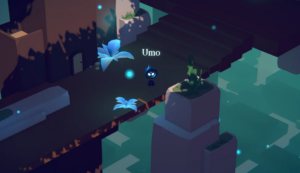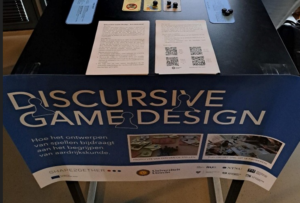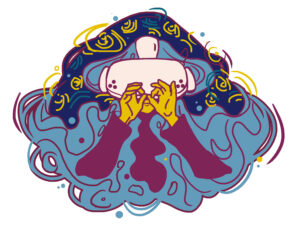
The Shape2Gether Erasmus+ project aims to implement innovative approaches in the education for sustainable development in the context of climate change and its impacts on Europe by bringing together three groups of partner specialisations, i.e. geosciences, new technologies, and serious game design. Researchers involved in the project are Bouke van Gorp (UU project lead, Faculty of Geosciences) and René Glas (Faculty of Humanities). For more info, see here.
Hello! We are five students from Utrecht University in the Netherlands coming from a variety of disciplines, including pedagogical geography (both physical and human), new media studies, and literary studies. In May of 2024 we went for a week to Trondheim, Norway, to participate in the first of three summer schools as part of the Erasmus+ project Shape2Gether. With us from Utrecht University’s staff was Bouke van Gorp, who also co-organised this summer school. The Shape2Gether project aims to teach its participants ways of communicating complex information about climate change in a simple, comprehensive, and engaging manner. The way it does so? By harnessing new technologies and media forms like virtual reality and (serious) game design – see sidebar. It’s been two months now since the five of us returned from our trip to Trondheim, and so we’ve had plenty of time to let our memories settle in and develop. What follows is a brief reflection by the five of us on the aspects of the week that stood out the most — the people we met, the places we visited, and the things we learned. We hope you enjoy!
The week in which we stayed in Trondheim was one of spectacular weather, extremely unusual for the location and time of year. It regularly reached 30 degrees Celsius, but the breeze from the nearby fjord thankfully kept us cool. We most enjoyed this lucky stretch of sunshine on the first two days of the programme, during which we stayed on the small island of Tautra. Connected to the mainland via a landbridge, it consists primarily of farmland, but is also home to several protected beaches that serve as nesting grounds for endangered birds. It was for this reason that we were here: not only to learn the conditions in which these birds and other wildlife lived, but to convey that information to others via virtual-reality technology. Working in groups, we used 360-degree cameras to create virtual tours that would allow participants to feel as though they were present on the island without actually being there. The tours also served as an opportunity to teach these participants about the island, and particularly the sometimes difficult-to-see effects of climate change upon its ecosystems. This is what the entirety of the programme revolved around: taking an intimidating technology and making it accessible to anyone who wants to use it. This approach worked extremely effectively, and we each now feel confident in applying the techniques and technologies we learned to other areas of our professional lives.
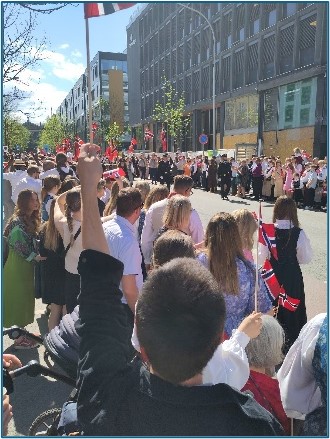
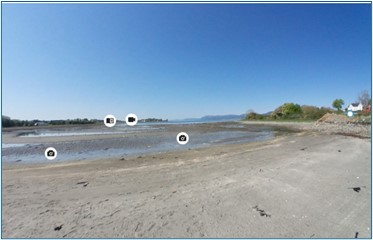
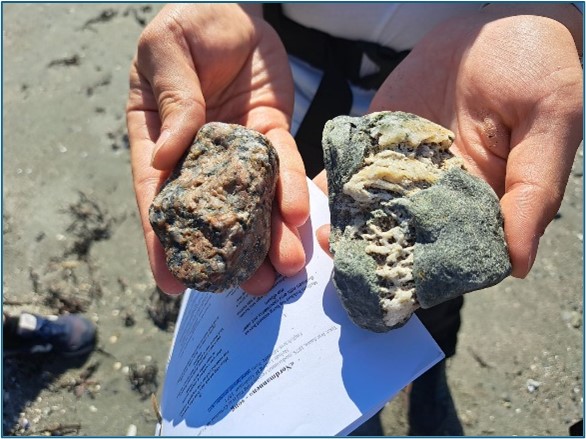
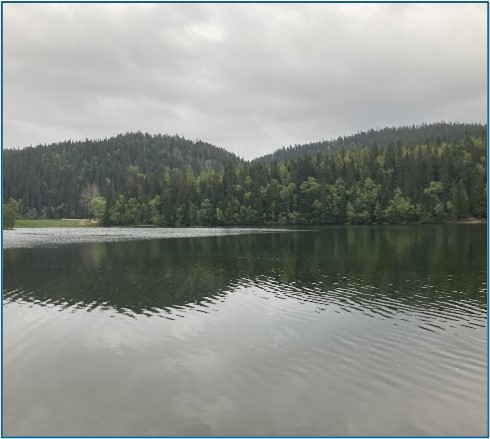
Leaving Tautra, we made our way to Trondheim proper, where we spent several days getting to grips with the software that would allow us to turn our lovely 3D-photos of the island into a coherent, informative tour for anybody who might want to follow it. Most prominent in our minds of this time, however, were the celebrations on May 17th, Norway’s national day. One of the Norwegian students very kindly organised a “champagne breakfast,” in which practically all thirty of the participating students enjoyed a delicious buffet and a couple games of kubb. This breakfast was representative of one of our favourite parts of the trip: meeting and befriending all of the other students. These came from universities in Norway (of course), Finland, Austria, Germany, Czechia, and Malta, and they each had their stories to tell. It’s not often that we get the opportunity to work alongside such an international and interdisciplinary group of people, and it was exciting to hear them talk about their lives and homes. Seeing them all again, we agreed, was the thing we are most looking forward to in the next summer school, taking place in Malta in October. We’ll let you know how it goes in our next reflection!
By: Aengus Schutte, Aria Mohsenimotlagh, Inge van Noort, Isabel Rump, and Mick Raamsteeboers

